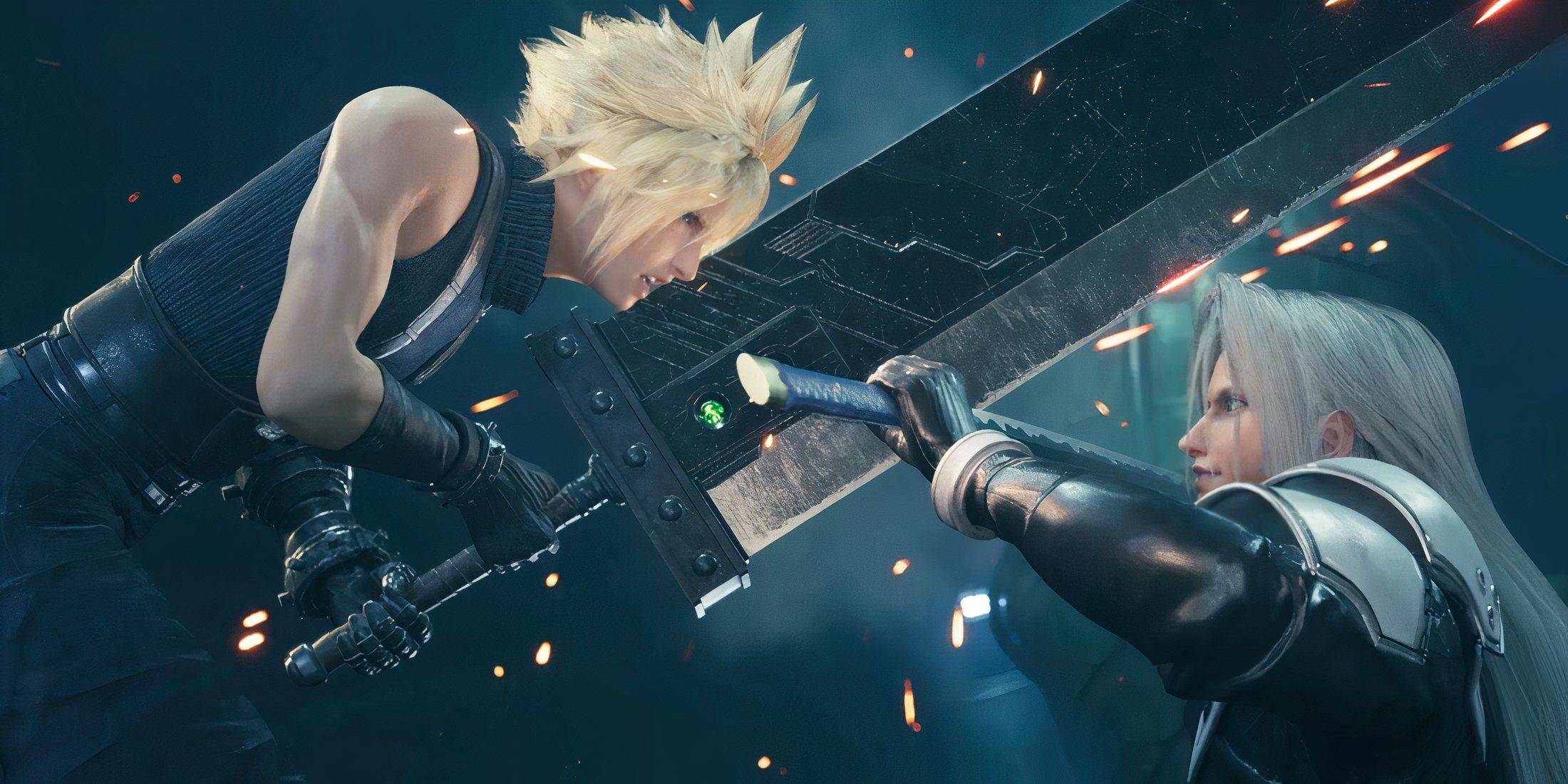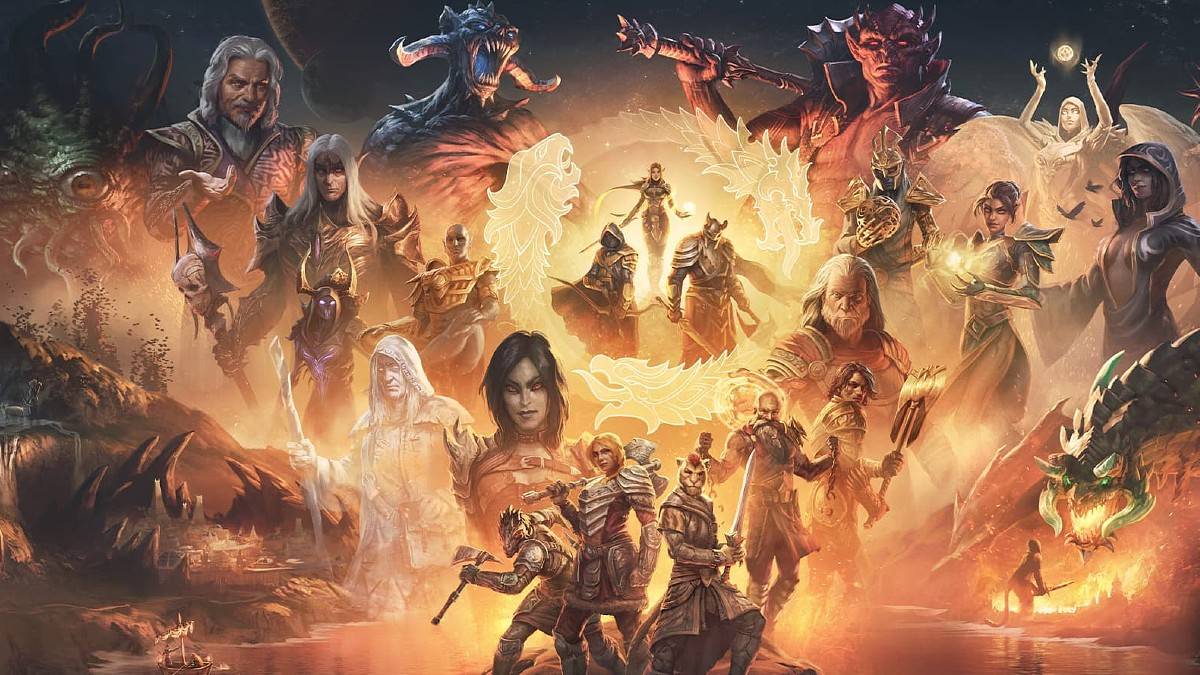The past 48 hours have been a whirlwind for anyone following economic news, and even more so for Nintendo enthusiasts.
On Wednesday, reports indicated the Nintendo Switch 2 would launch at $450 in the United States—a steep price point that analysts attribute partly to anticipated tariffs, along with other factors like inflation, market competition, and component expenses.
Then, last night, the Trump Administration imposed sweeping 10% tariffs on virtually all trading partners, with significantly higher rates targeting nations including China, the EU, Japan, Vietnam, Canada, and Mexico. In retaliation, China declared this morning a 34% reciprocal tariff on all U.S. imports. Just hours later, amid this upheaval, Nintendo announced it would delay Nintendo Switch 2 pre-orders in the U.S. while assessing how tariffs might affect its console strategy.
This is an unprecedented scenario for everyone, both inside and outside the gaming world, and analysts, experts, and the public are still grappling with its implications. That’s why, just 30 minutes before Nintendo’s startling pre-order announcement, I was speaking with Aubrey Quinn, a spokesperson for the Entertainment Software Association, about the potential fallout of these tariffs across the industry.
Like many others, the ESA is still evaluating how the situation will unfold. Broadly speaking, Quinn noted they had anticipated some form of tariffs—given Trump’s actions during his first term and his repeated campaign trail discussions. Once implemented, they also expected possible retaliation from countries like China, as well as additional U.S. tariffs and levies in the future. However, the final outcome remains uncertain.
What the ESA can confidently assert is that these tariffs will adversely affect the video game sector:
“Right now, we're observing the situation carefully and avoiding knee-jerk reactions, because we don’t believe the tariffs announced this week are the final chapter. Still, based on what was outlined, we do anticipate these measures will have a tangible, harmful effect on the industry and the millions of Americans who enjoy gaming,” Quinn explained. “Our objective is to collaborate with the administration and elected leaders to find a solution that safeguards U.S. industries, businesses, and American gamers and families.”
We do expect these tariffs will have a real and detrimental impact on the industry.“
When Quinn refers to detrimental effects, she isn’t only talking about the cost of consoles—though she admits it’s “difficult to imagine a scenario where tariffs of this scale don’t influence prices.” She also emphasized that consumer spending will likely be affected, which could reduce company revenues. Lower profits may then lead to job cuts, reduced investment in R&D, and even influence the design of future consoles. “The entire consumer ecosystem is interconnected,” she stated.
So what steps is the ESA taking? They’ve initiated a few actions, but Quinn acknowledges the challenges in gaining traction. Although the tariffs weren’t a surprise, she noted the Trump Administration has only been back in office for about two months. With a largely new cabinet and administrative team, the ESA can’t rely on relationships from the previous term—especially since some officials were appointed only weeks ago.
“But in short, we know which officials we need to engage with, and we’re actively building those connections. We want to ensure they understand we’re ready to work together on solutions. This is about fostering dialogue between the public and private sectors so they recognize the risks to businesses, consumers, and the U.S. economy as a whole,” she concluded.
I think the more members of government...who hear that their constituents are concerned, the more likely we are to be heard.“
Quinn highlighted that the ESA recently joined a coalition of trade associations to contact U.S. Trade Representative Jamieson Greer and voice their concerns ahead of this week’s tariff news. They are also seeking meetings with various legislators and administration members to discuss these issues further.
When I asked if these efforts were making a difference, she replied, “Yes. I can confirm we're in discussions with... I wouldn’t say every level of government—I haven’t met with President Trump, for instance—but we have engaged with administration officials, White House staff, and employees at the USTR. We’re also coordinating with other associations to emphasize that this isn’t just a video game issue. While I represent the video game industry and am keenly aware of its vulnerabilities, these tariffs will impact all consumer goods, from food and fashion to electronics.”
So what can concerned consumers do? Quinn recommends contacting their representatives—through letters, phone calls, emails, or social media—to express their worries. “The more government officials and their staff hear from constituents, the more likely our message will be heard and potentially influence policy.”
Nintendo’s decision to pause Switch 2 pre-orders came just minutes after our conversation ended. When I asked Quinn for additional comments, she said the ESA does not speak on behalf of individual companies. However, I had mentioned the Switch 2’s already high price at the end of our discussion, and Quinn offered this perspective:
“It’s interesting how media coverage has linked video games and tariffs, partly due to the unfortunate timing of the Switch 2 reveal coinciding with President Trump’s announcement. We play games on many devices—other consoles, VR headsets, smartphones, and PCs. If we focus only on the Switch, we’re not taking this seriously enough. The impact will be widespread.
“Even American companies rely on imported components to manufacture consoles and games. So every company, regardless of origin, will feel the effects. This isn’t about one company—it’s about the entire industry.”



















